Skunk Diseases
Skunks can carry and transmit a wide variety of bacteria to humans through direct and indirect contact. Any diseases spread to humans from wild animals are called zoonotic diseases. These include the most well-known animal disease: rabies. Rabies is not an epidemic in the United States and cases of humans being affected by rabies are quickly solved with the proper medical care. Rabies can be transmitted via bites and scratches, so seek medical attention if you are bitten or scratched by a skunk.

Leptospirosis is another common zoonotic disease that can be passed from skunks to humans. Leptospirosis can be dangerous because rare cases have shown no symptoms at all, with the disease staying somewhat dormant for a period of time. The CDC advises that leptospirosis can cause damage to kidneys, and even cause meningitis, which is an inflammation of the spinal cord and brain, and wreaks havoc on the central nervous system. Liver failure and respiratory conditions have also been caused by leptospirosis. Healthcare professionals can perform tests to check for the bacteria that causes leptospirosis, and provide care to counteract its effects while also removing it from your body.
Distemper is a strange and frustrating virus for both pet owners and veterinary professionals. While there is no known cure for canine distemper, it is not always fatal. However, in fatal cases, many of the symptoms are highly apparent up until death. Because canine distemper attacks lymph nodes, the nervous system, and the gastrointestinal system in animals, this disease causes animals a great deal of discomfort. Most pet owners are forced to make the difficult choice of ending the suffering of their pets if the distemper does not go away, or the symptoms become excruciatingly painful.
Skunks are outdoor animals, and as well as having the potential to carry (3) of the most dangerous zoonotic disease, they can be host to all kinds of bacteria and bugs from the outdoors. Mites and fleas will use skunks as a host, and can easily take over your yard once brought in by a skunk. Skunk feces and urine also contain bacteria that should not be ingested or breathed in. Small children and pets should be kept indoors and all skunk waste removed before allowing them to play in the yard.
